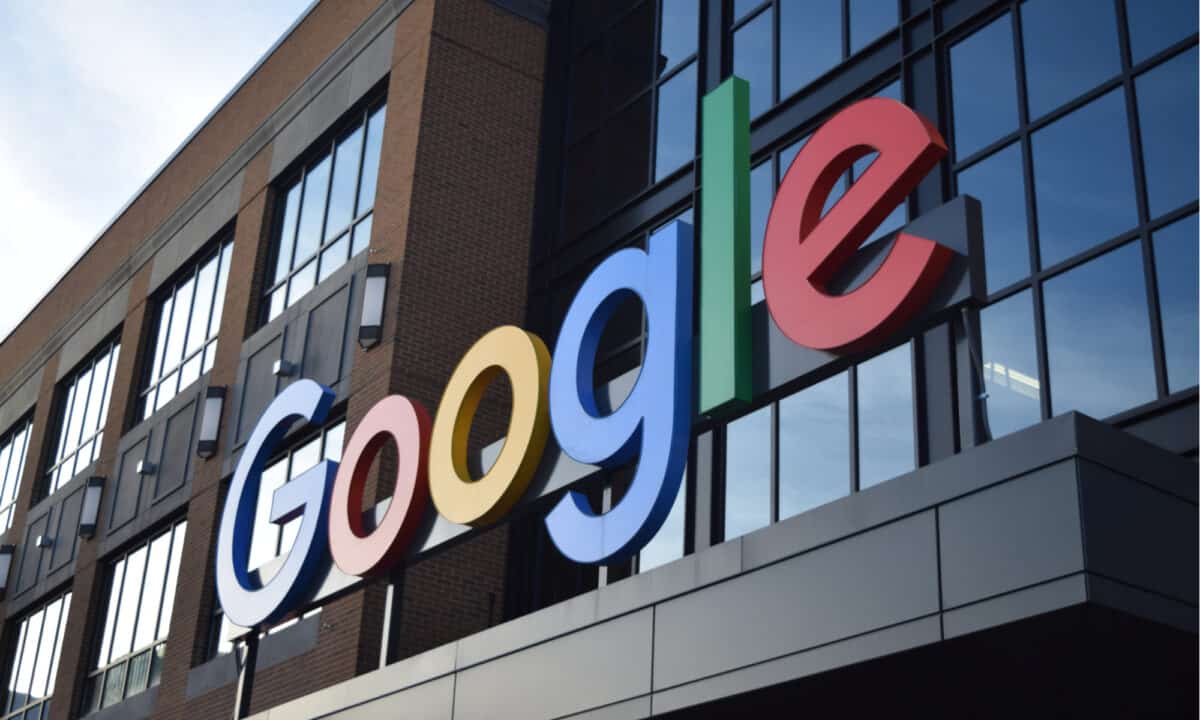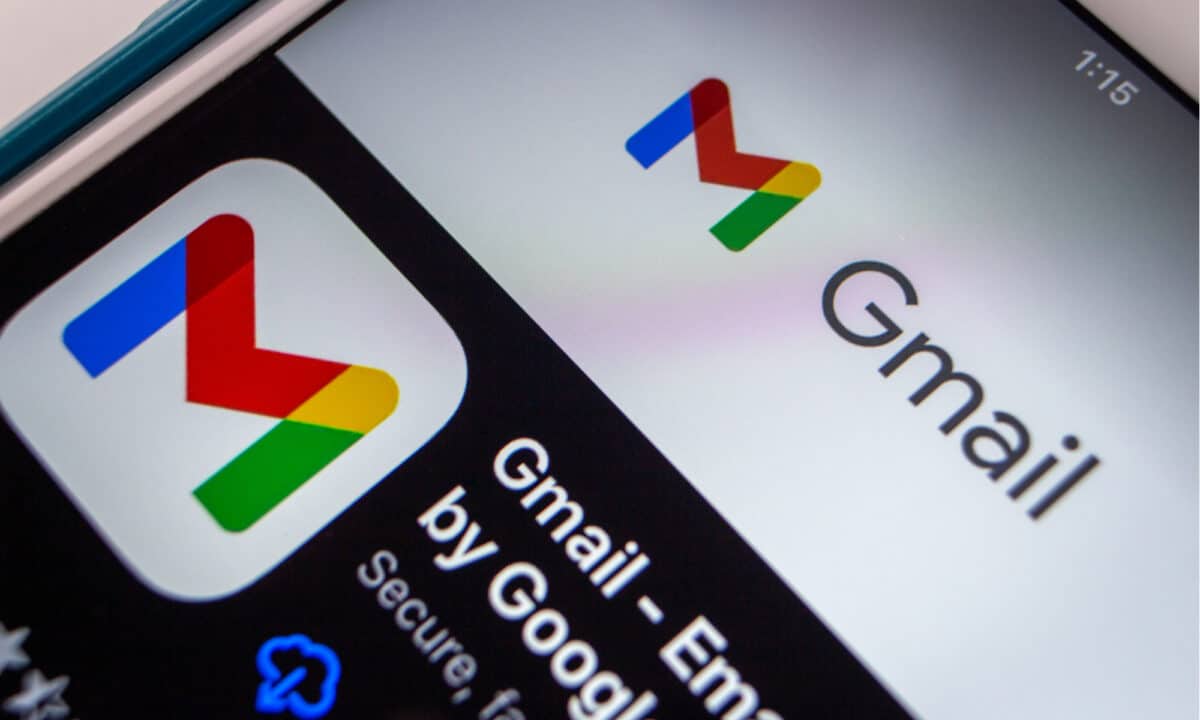The Founding of Google: How It Happened
In 1995, searching for a dissertation theme, Larry Page considered exploring the mathematical properties of the World Wide Web, understanding its link structure as a huge graph. His supervisor, Terry Winograd encouraged him to pick this idea, which Page later recalled as the best advice he ever got. He focused on the problem of finding out which web pages link to a given page, considering the number and nature of such backlinks to be valuable information about that page with the role of citations in academic publishing in mind.
In his research project, nicknamed BackRub, Page was soon joined by Sergey Brin, a fellow Stanford University Ph.D. student, who Page met in 1995. Page’s web crawler began exploring the web in March 1996, setting out from Page’s own Stanford home page as its only starting point. To convert the backlink data that it gathered into a measure of importance for a given web page, Brin and Page developed the PageRank algorithms.
As the search engine grew in popularity at Stanford, installed on the Stanford website, both Page and Brin decided that BackRub needed a new name. Page turned to fellow graduate student Sean Anderson for help, and they discussed several possible new names. After several days of brainstorming in their graduate student office, Anderson verbally suggested the word googleplex. A googolplex is the number one followed by a googol zeros. The term googol was coined in 1938 by Milton Sirotta (1929–1980), nephew of American mathematician Edward Kasner.
Page and Brin liked googleplex, but Page suggested they shorten it to googol. When Anderson searched to see if the domain name was available, he misspelled googol as google which was available. Because googol was unavailable and Page thought google had an Internet ring to it like Yahoo or Amazon, Page registered their search engine as google.com on the Internet domain name registry.
The domain google.com was registered on September 15th, 1997. Page and Brin formally incorporated their company, Google Inc., on September 4th, 1998 at a friend’s garage in Menlo Park, California.

The History of Google: What to Know
Sergey Brin, was born in 1973 as Сергей Михайлович Брин in Moscow, Soviet Union, to a Russian Jewish family, which moved to the United States in 1979. In 1990, Brin enrolled in the University of Maryland, to study computer science and mathematics, where he received his Bachelor of Science degree in 1993. He began his graduate study in computer science at Stanford University on a graduate fellowship from the National Science Foundation.
Lawrence “Larry” Page, was born in 1973 in East Lansing, Michigan, in a Jewish family of computer science professors at Michigan State University. He holds a Bachelor of Science degree in computer engineering from the University of Michigan and a master’s degree in computer science from Stanford University.
As google.com’s popularity continued to grow at Stanford, they were faced with a decision: finish their graduate work or create a business around their growing search engine and PageRank algorithm. Reluctant to leave their studies, Page and Brin offered to sell their search engine for $1 million first to AltaVista. To their disappointment, however, AltaVista passed, as did Yahoo, Excite, and other search engines.
They were rejected in part because many search engines wanted people to spend more time and money on their website, while Google was designed to give people fast answers to their questions by quickly sending them to relevant Web pages. David Filo, Yahoo’s cofounder, advised them to take a leave of absence from Stanford to start their own business. Filo initially encouraged Brin and Page not only because they were friends, but also because Yahoo was interested in cultivating a field of healthy search engines they could use.
Google Through the Years
Google has come a long way since the BackRub search engine that was developed by Larry Page and Sergey Brin. Explore the ways that Google has changed through the years and how it continues to evolve.
1995-1998: Founding
Before the official launch date, Google as a concept was developed by Larry Page and Sergey Brin as students at Stanford University. This period saw the concept move from BackRub as a dissertation topic to the founding of Google.
1998-2003: Garage
After the domain was registered, the company received its first financial backing of $100,000 from Andy Bechtolsheim, the co-founder of Sun Microsystems. Page and Brin moved into a garage in Menlo Park, California, on September 4th, 1998.
2003-2015: Googleplex
This period saw massive growth at Google, starting with the company going public in 2004. Through advertisements, efficient search engine functionality, powerful algorithm use, and a host of Google products, the company quickly outgrew its garage-based operations to require a new office. The company moved to Mountain View, California to start the Googleplex.
2015-Present: Alphabet
Google becomes a subsidiary of Alphabet Inc. This move helped streamline the organizational structure of the company to better account for financial streams. The restructuring may also have been to avoid antitrust concerns around the company.
What Are the Most Important Inventions From Google?

©Jay Fog/Shutterstock.com
Google’s rapid growth since its incorporation has triggered a chain of products, acquisitions, and partnerships beyond the company’s core product—the search engine. Google offers online productivity software, such as its Gmail email software, and social networking tools, including Orkut and, more recently, Google Buzz. Google’s products also include the web browser Google Chrome and the Android mobile phone operating system. The following are some of the most important inventions from Google.
Google Search Engine
Since the beginning, the Google Search Engine was different. In contrast to other busy-looking pages with flashy banners and blinking lights, Brin and Page decided to keep their search engine invention clean and simple to allow for faster searches. This appeared to be a wise decision. As of 2021, the Google Search Engine accounted for over 92% of all searches.
Google Ads
Google Ads is the primary way Google makes its money. This industry-leading online advertising product, which used to be called Google AdWords, continues to match ad buyers with optimal audiences sections. It leverages data from Google Search Engine and other sources to optimize the advertising experience and effectiveness.
Gmail

©Koshiro K/Shutterstock.com
This free email service is used by over 1.5 billion users. It’s known for being a convenient, private, and secure option that can be used on virtually any device. Gmail routinely ranks as the most popular or second most popular email service.
How Does Google Make Money?
Both Brin and Page had been against using advertising pop-ups in a search engine invention, or an “advertising-funded search engine” model and they wrote a research paper in 1998 on the topic while still students. However, they soon changed their minds about allowing simple text ads.
By the end of 1998, Google had an index of about 60 million pages. The home page was still marked as “BETA”, but some observers already argued that Google’s search results were better than those of competitors like Hotbot or Excite.com, and praised it for being more technologically innovative than the overloaded portal sites (like Yahoo!, Excite.com, Lycos, Netscape’s Netcenter, AOL.com and MSN.com), which at that time, during the growing dot-com bubble, were seen as “the future of the Web”, especially by stock market investors.
The Google search engine attracted a loyal following among the growing number of Internet users, who liked its simple design. In 2000, Google began selling advertisements associated with search keywords.
The ads were text-based to maintain an uncluttered page design and to maximize page loading speed. Keywords were sold based on a combination of price bid and click-throughs, with bidding starting at $.05 per click. This was not a pioneering approach, as this model of selling keyword advertising was already used by Goto.com.
While many of its dot-com rivals failed in the new Internet marketplace, Google quietly rose in stature while generating revenue. Today, many companies use Google to promote their products. Even yacht companies looking to sell used sea ray yachts for sale will use Google to attract buyers. Now Google runs over one million servers in data centers around the world, and processes over one billion search requests and twenty petabytes of user-generated data every single day.
Google Acquisitions
As of 2022, Google has made approximately 234 acquisitions. These have helped the tech giant grow from a popular search engine to include social platforms, cybersecurity, advertising technology, database technology, and other sectors. Here are some of Google’s most important acquisitions.
YouTube
YouTube was acquired in 2005 for $1.65 billion, less than two years after the company was founded. The number of available videos quickly passed 25 million and has reached more than 10 billion videos. In 2021, YouTube represented approximately 11% of Alphabet’s revenue.
Nest
Just like YouTube, Nest was acquired but has retained its own identity. This acquisition was a move to invest in more Google-powered smart devices. The acquisition cost Google approximately $3.2 billion in 2014.
Fitbit
Fitbit was acquired for $2.1 billion in 2021. The deal sparked some concerns about data privacy. Google insisted that the deal was about acquiring devices, however, rather than data. The acquisition came with an insistence that Fitbit data will remain private and secure in a separate database.
Google Notable Controversies
“Don’t Get Scroogled” Campaign: 2013
Microsoft and other competitors discovered that Google’s Gmail had the practice of reviewing emails and selling targeted ads based on the data. Microsoft also found that 88% of consumers don’t approve of this practice when they’re informed. They launched an ad campaign that stated, “Don’t get Scroogled by Gmail,” which caused concern about users’ privacy.
Data Breach: 2015-2018
Between 20015 and 2018, Google+ saw a massive database breach. Approximately 500,000 users had their private information exposed, including full names, professionals, and even sexual preferences. Once the scandal was discovered, Google decided to terminate Google+.
Sexual Harassment: 2020
In 2020, it was discovered that Google executive Andy Rubin, who created the Android mobile operating system, committed sexual harassment. A full investigation was launched but Rubin was given a $90-million exit package. The issue sparked a massive protest and employee walkout. The shareholder lawsuit led to Google paying $310 million in a settlement, along with an overhaul of training and HR policies.